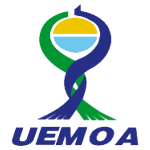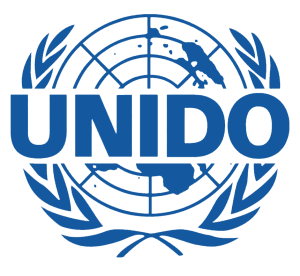Mali is a landlocked country with an estimated population of 20 million. It shares its border with seven other countries. Bamako, the largest city, is also the economic, cultural and political capital. The official language of Mali is French and the most common economic activity is agriculture.
Value Chains
Cereal
Mali’s agricultural sector has developed largely as a result of policies that have had a positive impact on cereal and rice production. Production generally meets the population’s cereal needs.
More than half of the agricultural population grows sorghum and millet, which together account for 5-7% of all full-time jobs in the country. Sorghum and millet also contribute 5 % to the gross domestic product and account for about 15 % of consumption shares (in monetary terms) in Mali.
In Mali, as in much of the Sahel, the sorghum and millet value chain remains relatively underdeveloped. Project support will help improve education for producers and grain processing. It will also improve the marketing of cereal products to ensure Mali’s self-sufficiency in quality cereals and, ultimately, export on the markets in the subregion.
Tropical Fruits
Agriculture is a major source of revenue in Mali, it accounts for about 33% of the GDP and employs nearly 80% of Malians. In recent times, there has been an increase in cultivation and production of tropical fruits. As demand for tropical fruits grows around the world, so do the export opportunities for Mali. The export demand in this sector is benefiting rural farms and communities in numerous ways. Largely, there are more activities from women and youths. The implementation of the program which will provide hands-on training will encourage more women and youths to participate in the agro-food chain. This will further improve their livelihood and create more jobs and revenue for the country.
Hides, Skin and Leather
Increased demand for leather in the surrounding area also means increased demand and production in Mali. This project will focus on equipping actors in the value chain with the knowledge needed to make the most of their production. This will further improve Mali’s competitiveness vis-à-vis other countries in the region and create more employment opportunities for rural farmers.





